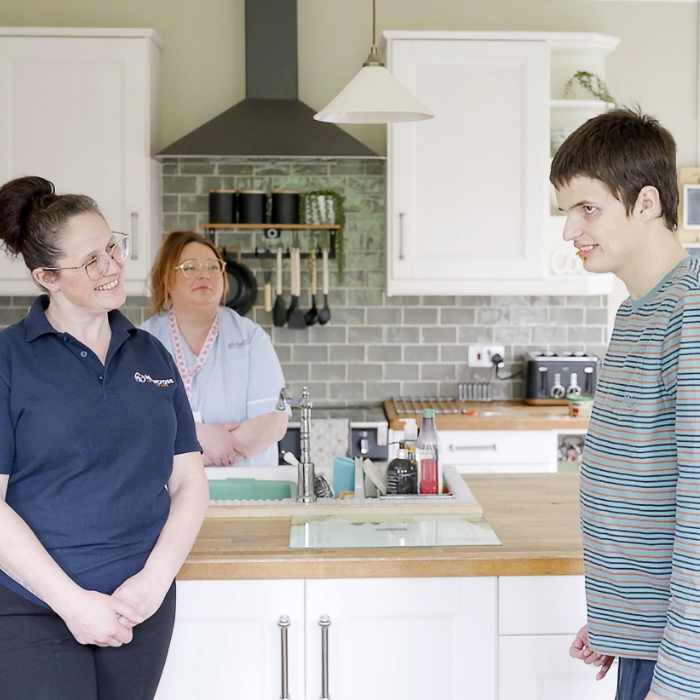For young people, moving from child social care to adult social care is a big milestone; for parents, it’s an emotional journey as well. Children’s parents also experience a range of emotions, worries, and adjustments as their children mature into adults and encounter the difficulties of adapting to an adult care environment. In this blog, we explore the difficulties that parents encounter during this time of change as they navigate this new chapter alongside their children.
Letting Go
The shift from child social care to adult social care can be a moment of sadness for parents. Seeing their child become independent, choose their own path, and assume greater responsibility for their care can be a bittersweet experience for them. This process can be emotionally taxing for parents, who may experience both a sense of loss and joy for their child’s development and accomplishments.
Uncertainty and Anxiety
Parents may experience feelings of uncertainty and anxiety when their child moves from the well-known child social care system to the uncharted territory of adult social care. They might be concerned about whether their child will receive the same standard of care and support or if the change will reverse the gains they have already made. Because parents often experience overwhelming fear of the unknown, it is critical that they have access to trustworthy information, support systems, and guidance.
Limited Resources and Services
When looking for resources and services for appropriate adult care, parents frequently run into difficulties. Inconsistencies could exist in the accessibility and availability of services, especially those catered to their child’s specific needs. Parents who are already coping with the emotional components of the transition may find it difficult and time-consuming to go through a complex system to obtain the right support.
Collaborative Decision-Making
When their child moves into adult care, parents might have to adjust to a new dynamic in the decision-making process. They must give up control over every area of their child’s upbringing and allow their child to make decisions regarding their own wellbeing. For parents accustomed to being their child’s primary supporters and decision-makers, this shift can be difficult, necessitating a careful balancing act between support and autonomy.
Building a New Support Network
A new network of experts and carers must be built by parents, and these individuals are not familiar with the background or unique requirements of their child. As parents want to make sure their child’s care is consistent and catered to their individual needs, trust and effective communication become crucial. The difficulties parents experience during the transition can be compounded by the fact that it can take time and effort to establish relationships with the new care team.
Concluding Thoughts
For young adults and their parents, moving from child social care to adult social care is a big journey full of complexity, contrasting feelings, and difficulties. To effectively support parents during this time, it is imperative that we recognise and address the issues that they are dealing with. We can assist parents confidently manage this transition and guarantee the best possible outcomes for their child’s adult care experience by providing them with tools, direction, and empathy.
Why choose Newcross?
At Newcross Healthcare, we are mindful of the difficulties parents face during the transition of their child into adult care. We are registered to support children and adults, so young people do not have the upheaval of introducing a new care provider. Our staff are committed to offering parents trustworthy information and empathetic assistance as they travel through this process. By working together, we can facilitate a smooth transition that will enable young adults and parents to move forward in life with assurance and serenity.
If you have any questions or would like to share your experiences, please feel free to reach out to us. We are here to support you every step of the way.











